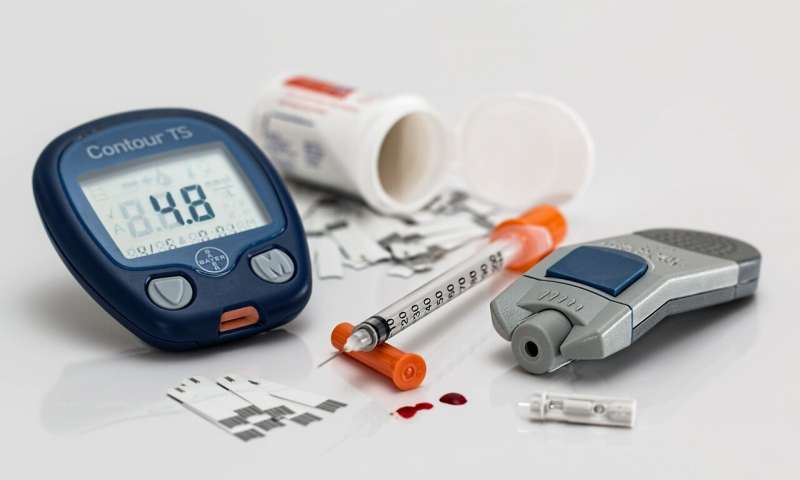Eating breakfast after 9 a.m. increases the risk of developing type 2 diabetes by 59% compared to people who eat

stay healthy…

Eating breakfast after 9 a.m. increases the risk of developing type 2 diabetes by 59% compared to people who eat
Researchers at The University of Queensland have found an anti-ageing function in a protein deep within human cells. Associate Professor
From recurring harmful algal blooms — including brown tides — to catastrophic seagrass losses, fish kills and unusual marine mammal
Groundbreaking research from UC Berkeley’s Department of Psychology is shifting the understanding of human decision-making processes by highlighting the importance
With yet a third new Alzheimer’s drug expected to be approved by the Food and Drug Administration (FDA), the field
The angst parents feel when their children sustain injuries is surely one of the universal conditions of parenthood. That anxiety
Because they are persistent, per- and polyfluoroalkyl substances (PFAS) are also known as “chemicals for eternity.” They can lead to
University of Pittsburgh researchers have shown for the first time how Merkel cell polyomavirus (MCV), which causes an aggressive skin
Giving patients with operable pancreatic cancers a three-pronged combination immunotherapy treatment consisting of the pancreatic cancer vaccine GVAX, the immune
ChatGPT’s responses to people’s healthcare-related queries are nearly indistinguishable from those provided by humans, a new study from NYU Tandon